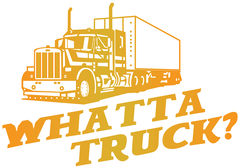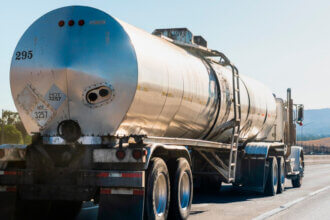New bill aims to combat unpaid toll bills on Pennsylvania Turnpike
Senate lawmakers voted unanimously last week to introduce a bill in the House aimed at cracking down on Pennsylvania Turnpike users who don’t pay their tolls.
In 2023, the amount of unpaid tolls increased to $170 million – $15 million more than the previous year (49%).
In June 2020, the Pennsylvania Turnpike Commission approved the layoff of 500 toll collectors and the road moved to a cashless system.
“Turnpike made a mistake by going completely cashless and laying off its toll collectors. Since then, it seems that the amount of unpaid tolls has increased by tens of millions every year,” said Senator Lisa Boscola (D-Northampton).
The new bill includes many of the recommendations proposed by the Pennsylvania Office of the Auditor General in its performance audit report. The review identified several mechanisms that the Turnpike Commission could use to enforce the collection of unpaid tolls.
Specifically, the law would provide the right to withhold lottery winnings exceeding $2,500. Taxpayers who are owed a state income tax refund will also have their unpaid tolls deducted from their refund.
The Department of Revenue will work with the Turnpike Commission to develop guidelines and a plan for identifying delinquent toll payments.
As of Jan. 1, state law allows the commission to notify vehicle owners with unpaid bills of at least $250 that it is seeking to have their registration suspended. Gov. Tom Wolf signed legislation aimed at reimbursing unpaid tolls for about 25,000 vehicles.
Once notices are received, owners have six weeks to pay before registration can be suspended. Four invoices of unpaid tolls are required to begin the enforcement process. The period for reviewing violations is five years. The bill awaits further consideration in the House Finance Committee.
“Law-abiding Pennsylvanians pay their fair share. However, those who repeatedly fail to pay tolls escape responsibility, Boscola said. “Without better methods, we risk collapsing the entire system as more people seek to avoid paying.”




